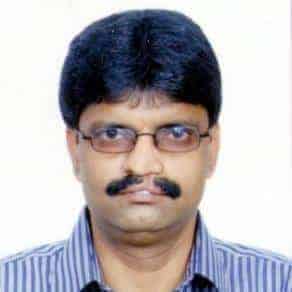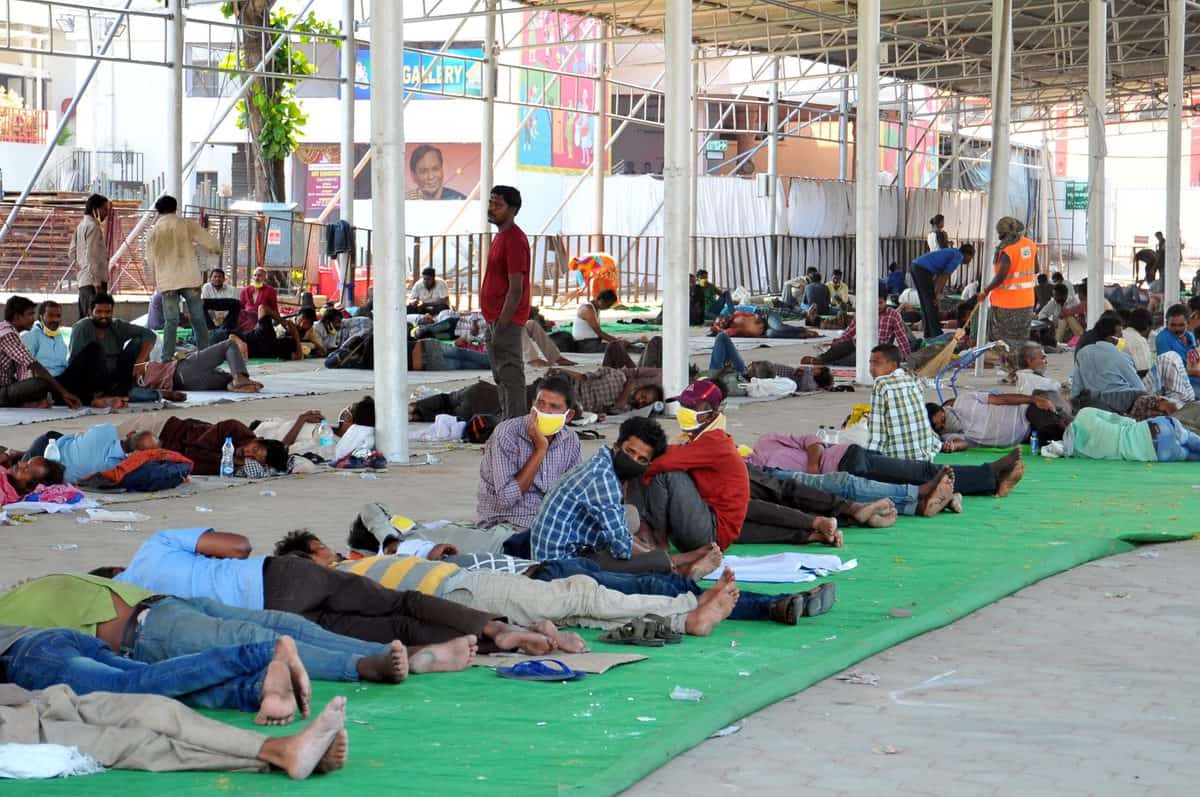
The current lockdown has begun unmasking many an ugly truth about India. One of the truths is that pervasive poverty extenuated by loss of jobs and work may create a famine-like situation. If you think I am sounding alarmist or forecasting doomsday, you only need to read about seven children eating grass with salt in Koiripur village in the Badagaon block of Varanasi district. Belonging to the Mushar community, these children of a lesser god were forced to eat grass because their parents, brick kiln workers, have been rendered jobless and have no money to buy food. If this is happening in Prime Minister Narendra Modi’s constituency, God knows what the poor elsewhere are facing.
As I read the heartbreaking story of the seven Mushar children in Varanasi district, my train of thoughts took me to my own village in Bihar. Mushars populate a part of my village. Deprivation stalks their dusty, drab hamlet called Mushartoli. Disheveled hair, shabby clothes, sunken eyes and protruded bellies describe these children. They just don’t have enough food to eat even in normal times. Landless and hardly any savings to fall back on during hard times, these Mushars, poorest of the poor, are perennially debt-ridden. I remember an incident that happened many years ago.
As my college had closed for a festival, I was vacationing in my village. One day a special guest was visiting us and we were busy making arrangements to make him feel comfortable. Outside my aangan (courtyard), on the bank of an ancient pond was an old banyan tree. The sun was setting in the western horizon and it was minutes before the dusk fell that I encountered an incident that gives me shivers even today.
I saw a dark, thin figure standing under the banyan tree hesitating to come near me. The first thing poverty attacks is your confidence. The confidence to seek something from someone. I am not talking about beggars who seek alms habitually. I am talking about self-respecting people who are not hardwired to stretch out their hands to seek help. I went nearer the thin, if mysterious, figure and recognized him that he was a member of the Mushar community from my village. “Kya baat hai (What’s it)?,” I asked. “Zara side mein chaliye (Please come aside),” he whispered. Since there were guests around, self-respect stopped him from opening his mouth publicly. “Teen din se mere bachche bhooke haiN. Chachi se bolkar kutchch dilwa dijye (My children are hungry for the last three days. Please get something from aunty),” he said. My father was not home and, by aunty, he meant my mother.
For a moment his words seemed like an arrow that hit and benumbed me. Shaken to the bones, I took him immediately inside the courtyard hidden by an outhouse, to my mother. He narrated the ordeal again. “Pehle kyon nahiN aya (why didn’t you come earlier?),” my mother who is no more asked him in admonishing tone. She went inside the storeroom and came out with few kilograms of flour, rice, pulses, potato and onion. She asked him if he had edible oil and salt at home. He said he had. My mother told him to go home and ask his wife to cook food immediately and feed the children. I saw tears in his eyes as he left. I can understand how overwhelmed the Mushars must have felt when the District Magistrate of Varanasi reportedly arranged food for them.
Daily wage workers are the worst affected during the lockdown. Thousands crammed trains which took them from metros to their hometowns and villages. Hundreds are walking down the highways, trying to reach their destinations in the hope of beating hunger. They worked in the metros as rickshaw drivers, cabbies, construction workers, maids, casual workers in factories and workshops. Those who couldn’t leave the cities before the lockdown began are stuck, forced to survive on food being arranged by NGOs and civil society groups.
On Thursday friend and fellow Alig (alumnus of Aligarh Muslim University) Zohair Rizvi called a couple of times, informing me about some boys in Kurla and some families in Nalasopara facing hardships. One of the boys from Kurla said he worked with a company. He used to eat lunch at the company’s canteen and dinner an eatery. Now both the company and the eatery are shut. His family is not here and he doesn’t know what to do. He is just one of the thousands finding themselves at a loss. The government says no one will be allowed to sleep hungry. In the coming days the government’s claims will be tested.
Children are the most vulnerable in crisis situations. Poverty-stricken, they just don’t know how to survive. In my childhood I saw many Mushars of my village eating rats to fend off hunger. The Mushar children would mostly accompany their mothers who went ransacking rat holes with sharp objects like khurpi, kudaal or spades. The rats scurried till they were caught and killed. The pangs of hunger made these Mushars forget if eating rats was bad for health. The seven Mushar children in Varanasi and elsewhere in the country have only improved upon their predecessors. In these many decades, from eating rats, they have moved on to eating grass to keep hunger at bay.
Contrast these grass-eating children’s lot to lavish birthday parties and fat wedding receptions in cities like Mumbai. The economic disparity is huge. So is insensitivity of the rich. Every time I attend a lavish wedding reception, I silently cry at the colossal wastage of food at a time when millions on this planet go hungry. You may ask: “Why do I attend such ostentatious weddings if I can’t stand the shameless display of wealth and criminal wastage of food?” I attend out of courtesy. If only the rich saved just a quarter of what they spend on weddings and birthdays, thousands of poor could have been fed properly.
Will these wealthy and prosperous among us also think about those Mushar children who were forced to eat grass next time they roll out lavish dinners to celebrate birthdays and weddings of their own children?
Mohammed Wajihuddin, a senior journalist, is associated with The Times of India, Mumbai. This piece has been picked up from his blog.

